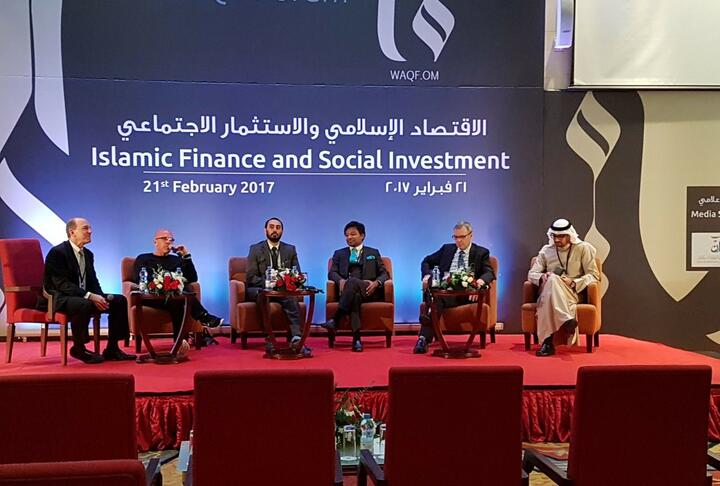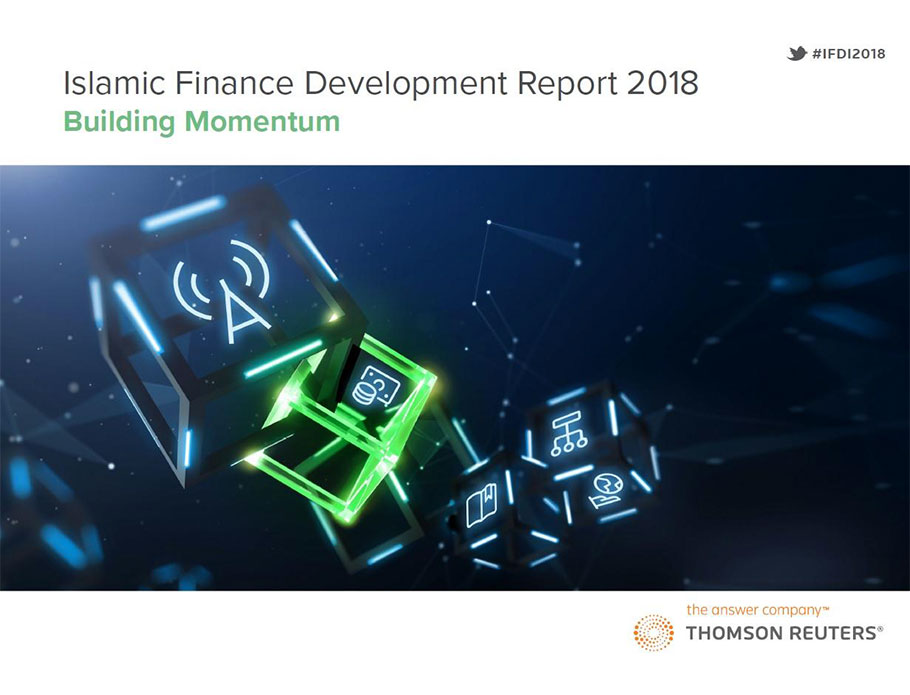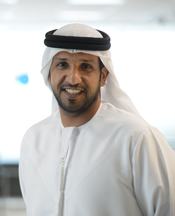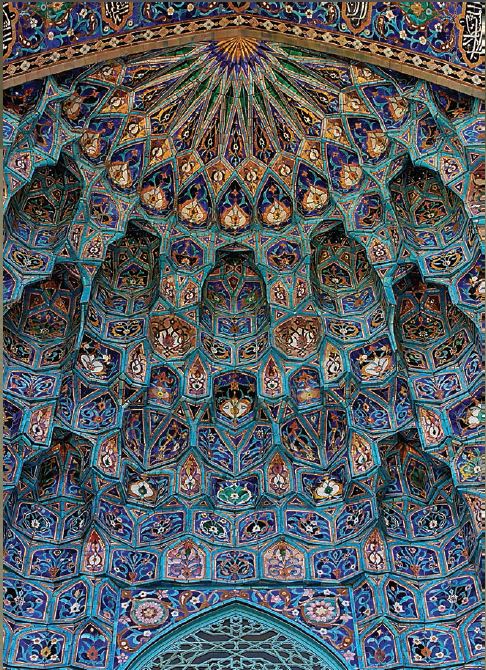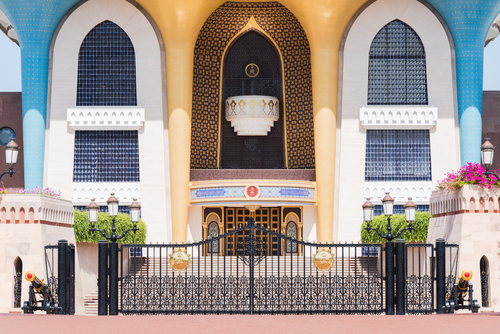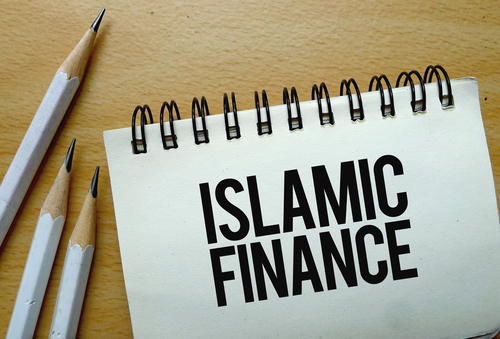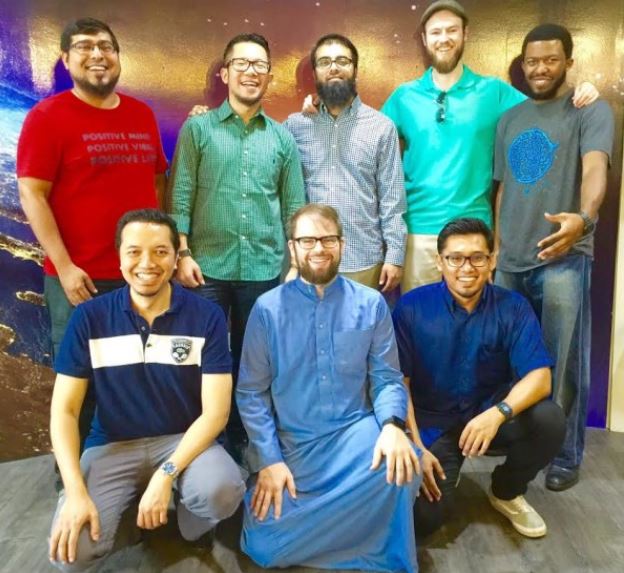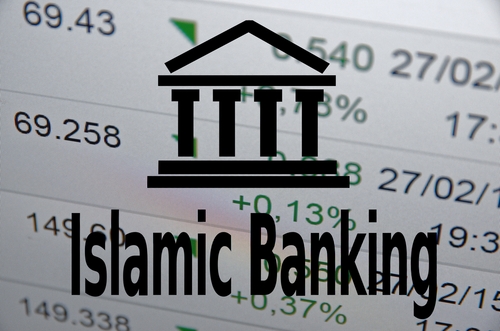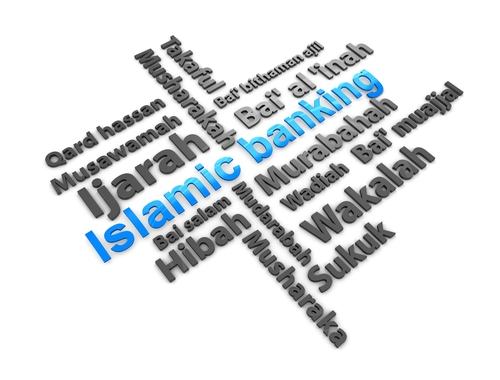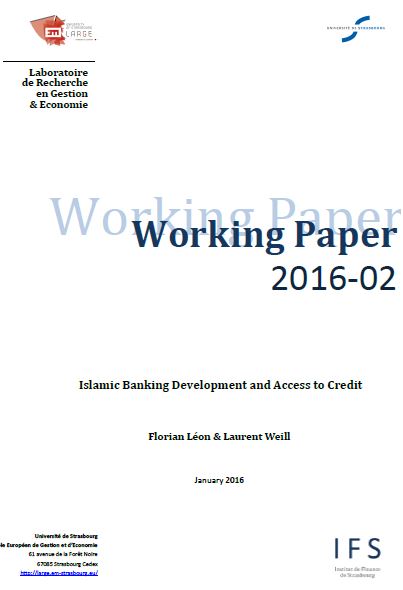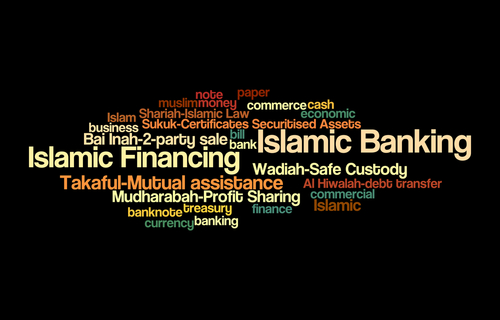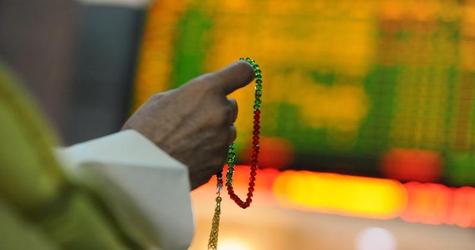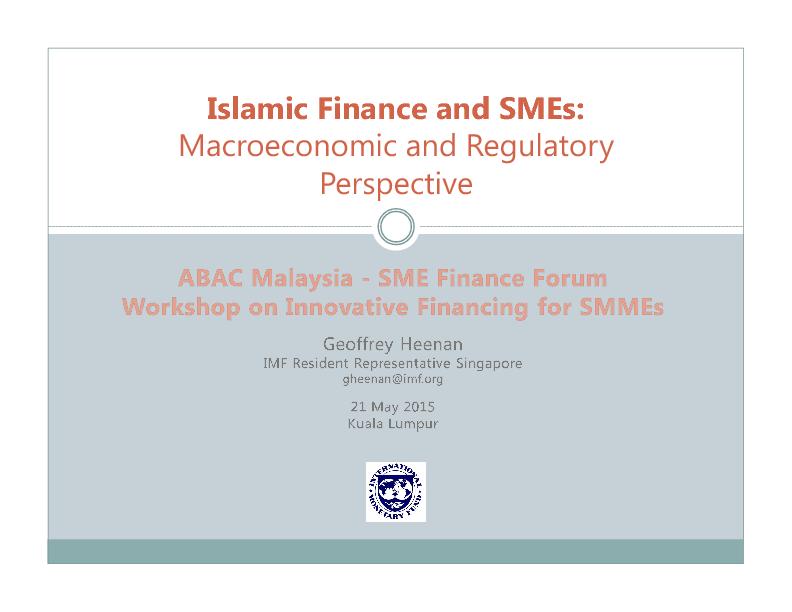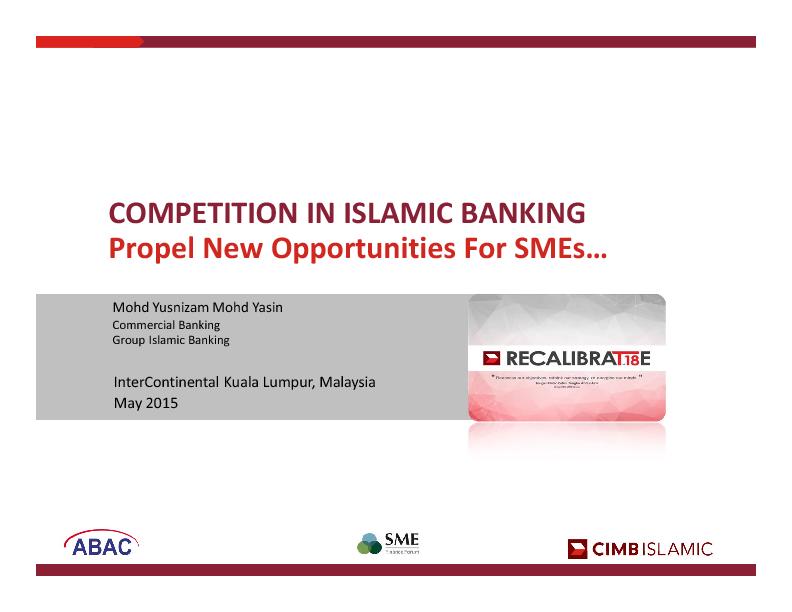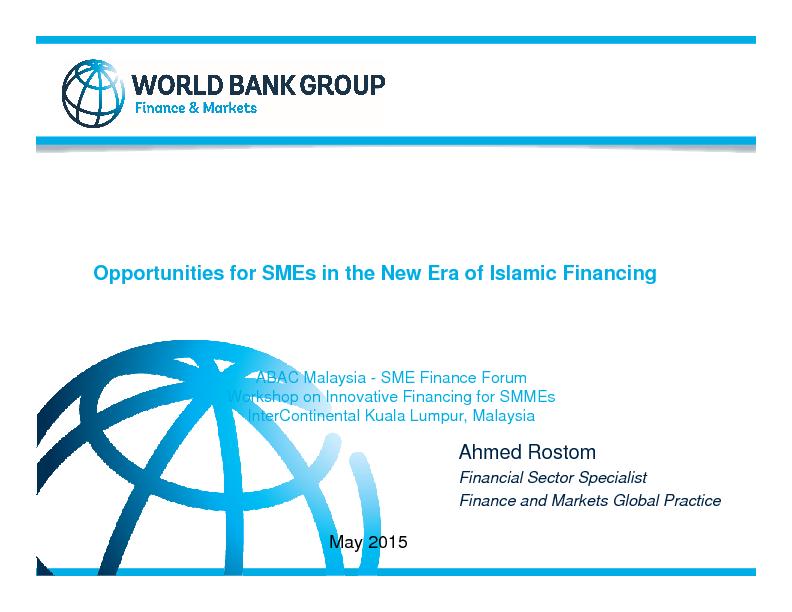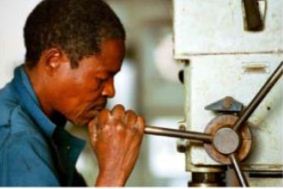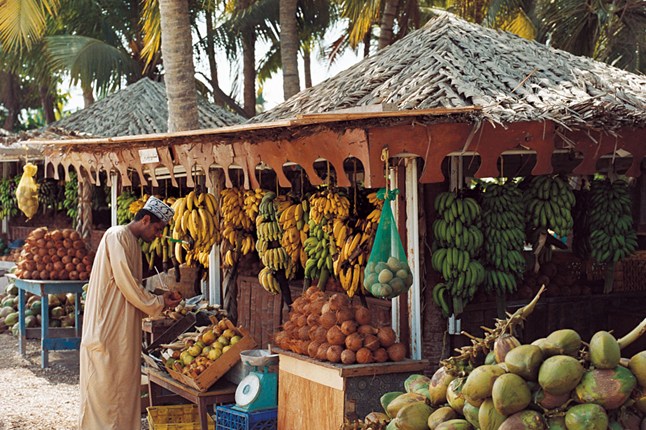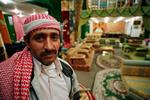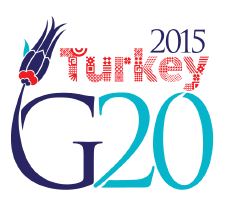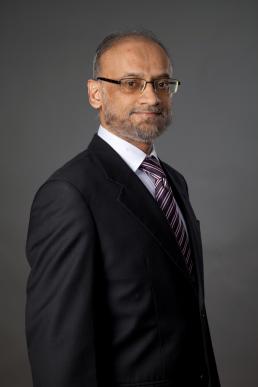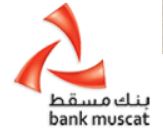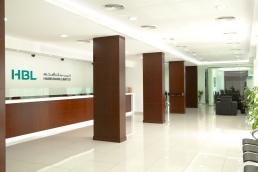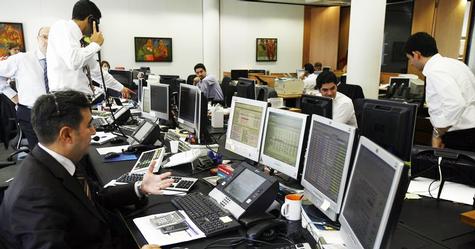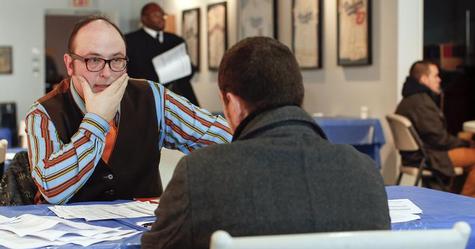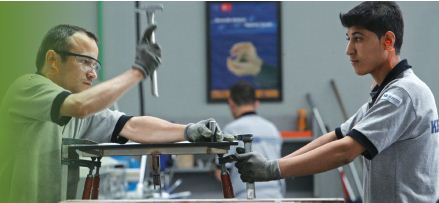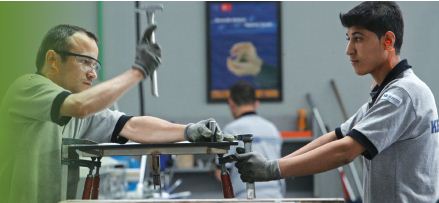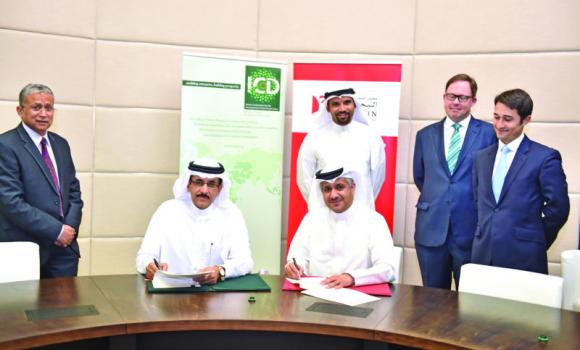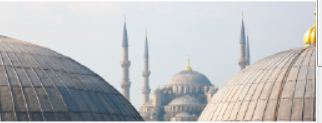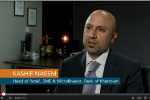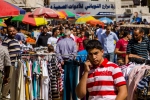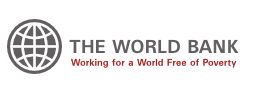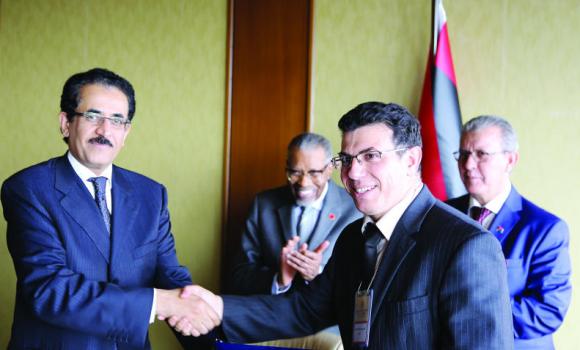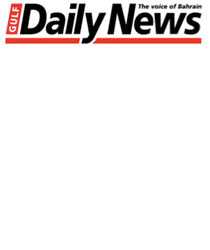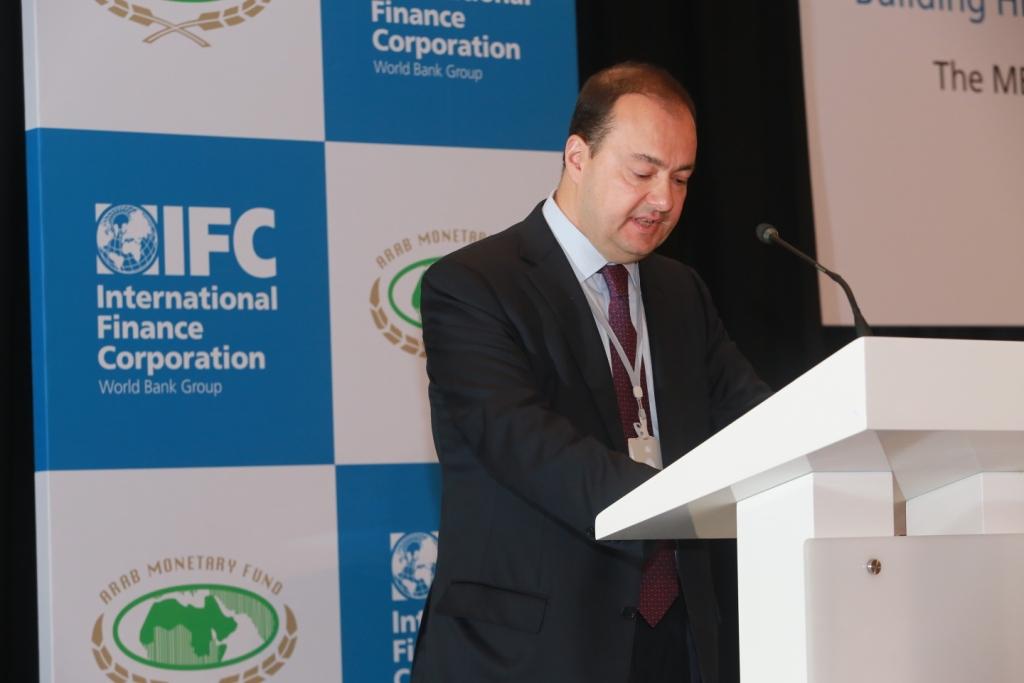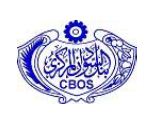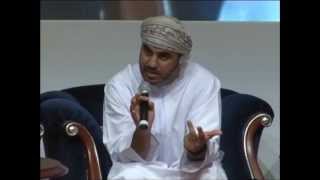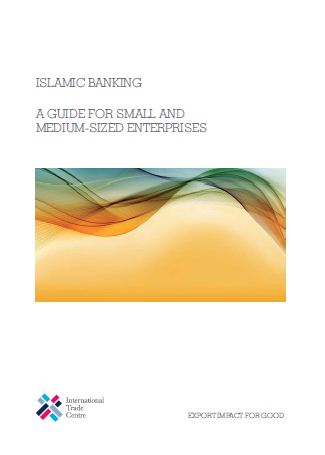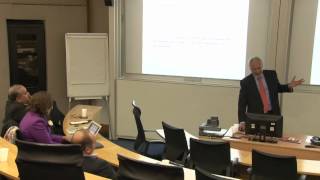I got to add a new country to my list this week, as the invited speaker and moderator for this very interesting meeting organized by the World Bank Group, the WSF, and the Islamic Development Bank of Oman. Oman, like many of the GCC countries, is facing a transition from an oil dependent past to a future requiring greater diversity in its economy, and a more substantial contribution from the private sector. With a larger population, and much smaller expatriate population than many of its neighbors, Oman may be feeling a greater urgency to make this transition, particularly following the oil price decline of 2015. Certainly this meeting showed a strong commitment from both government and the banks to explore other paths of economic development – and in particular, how shariah-compliant financing might assist in this transition.
The meeting focused on two particular types of financing: asset-based lending to small firms, and “endowment” (waqf) financing similar to the way Kiva or other crowd-sourced grant and reward-based platforms operate. I had the honor to be a panelist for a high-level session on how growth and employment can come through SME finance and Waqf, and also a moderator for a special session on how fintech is disrupting the finance industry and creating new opportunities for innovative, shariah-compliant financing. I particularly enjoyed moderating the panel, as I had great speakers including: Matteo Rizzi, co-founder of FintechStage; Sulaiman al Harthy, GM of Meethaq (the Islamic banking arm of Bank Muscat); Usman Ahmed, head of regulatory relations for Paypal; Michael Bennett, head of structured finance and securitisations for the World Bank; and Mughees Shaukat, Head for Islamic Finance in the Oman College of Banking and Financial Studies. They talked about how the digitalization of commerce and the internet of things is making new financial products possible (merchant capital, crowd-sourced finance, weather indexed insurance, etc), and greatly reducing the costs of servicing smaller ticket clients. At the same time, they noted the key role governments can play in helping grow the basic infrastructure for these digital systems --- without developing this infrastructure and a wider ecosystem for digital business, much of the benefits cannot be realized.
I was particularly struck when Mohamed Mohieldin, World Bank VP said that he sees the financial sector being at a “Kodak moment”, when it can either recognize and adapt to market changes (since Kodak was at the forefront of digital camera technology), or it can risk being overtaken by market events. What is interesting is how compatible with shariah principles much of the potential new financial products and structures can be.
There is clearly much interest in Oman in new technology and new approaches, as I saw in meetings I held afterwards with a number of the leading banks and non-bank finance companies. I will watch with interest to see how much of this interest translates into action, which could serve as a beacon to lead the rest of the region.


